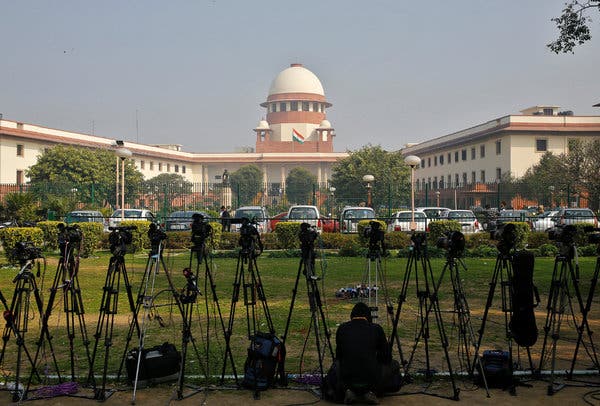Lok Sabha passes bill to give more autonomy to IIMs
New Delhi, July 28 (IANS) The Lok Sabha on Friday passed the Indian Institutes of Management Bill, 2017, that aims to give the premier institutes more autonomy by restricting government role and enable them to grant degrees.
“After the bill is passed, there will be no government role in the appointment of Board of Directors in IIMs. Let the government come out of it. It will be for the betterment of our higher institutions,” Human Resource Development Minister Prakash Javadekar said while summing up the discussion in the house.
The bill — which declares 20 existing IIMs as Institutions of National Importance — was later passed after all amendments moved by some members were rejected.
Dubbing the bill “historic” vis-a-vis higher education reform, the Minister said autonomy to these institutions will put them in the league of world’s top educational organisations.
The bill provides for conferring statutory powers to these institutions for their functioning, including appointment of directors, faculty, and also gives them powers to award degrees instead of post-graduate diplomas.
The bill provides for the appointment of members of the Board of Governors (BoG) in each of the 20 IIMs through a transparent process, while limiting even the HRD Minister’s role.
Javadekar informed the house he talked to Finance Minister Arun Jaitley to ensure infrastructure in all new IIMs was in place in two years. He said no eligible and meritorious student will be declined admission to these institutes for lack of money.
The Minister denied the Congress charge that the government had changed the names of some IIMs named after former Prime Minister Rajiv Gandhi.
“There is no any provision of giving name to any IIM. All are IIMs. So, the question of changing the name does not arise,” he said.
The Minister said the government’s focus is to transform higher education in India and that “we are moving in that direction”.
Earlier, moving the bill, Javadekar said: “We should trust our institutions. It is difficult to run IIMs from here (Delhi).”
During the debate, members cutting across political divide supported the bill and welcomed enhanced autonomy for the IIMs.
They, however, raised concerns about reservation for teaching staff and student placement, vacant posts of directors in these institutes and other teaching staff, need to control fees, need to encourage research in management studies, and other such issues.
Congress member Shashi Tharoor welcomed the bill and congratulated the Centre for relinquishing power vis-a-vis these institutes, adding he was concerned over government giving up control on fee structure. He said the bill did not address the reservation issue either.
At present, he said, of the total IIM teachers, only two were from the Scheduled Castes and none from the Scheduled Tribes.
Tharoor accused the government of stooping low by removing Rajiv Gandhi’s name from IIM Shillong via the bill.
The Board of Governors of each IIM comprises up to 19 members. The executive body will nominate 17 members, including eminent persons, faculty and alumni. The remaining two will be nominees of the central and state governments respectively.
The board will appoint its own Chairperson and Director. A search committee will recommend names for the post of Director who is eligible for variable pay, to be determined by the board.






